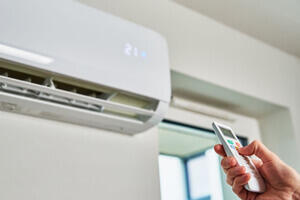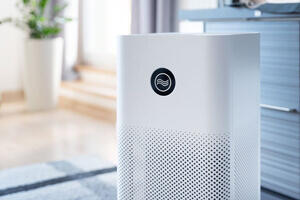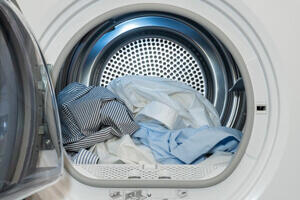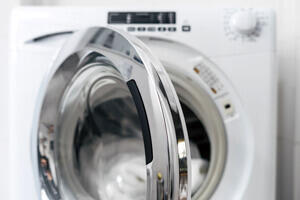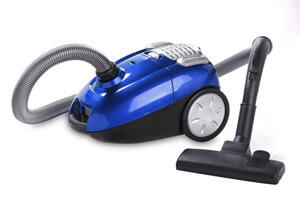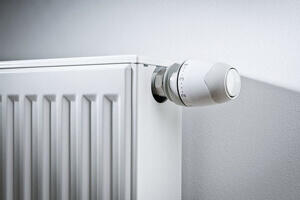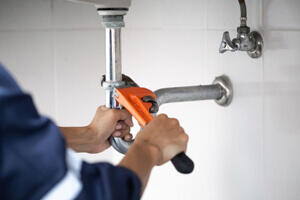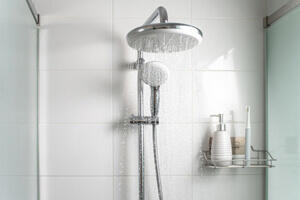Welcome to House and Home Online
House and Home Online is your one-stop shop for home appliance tips, how-to guides, troubleshooting, and QA articles. Our experts provide the latest information to help you get the most out of your appliances. We also offer home improvement articles to help you transform your living space. Let us help you make your home the best it can be.
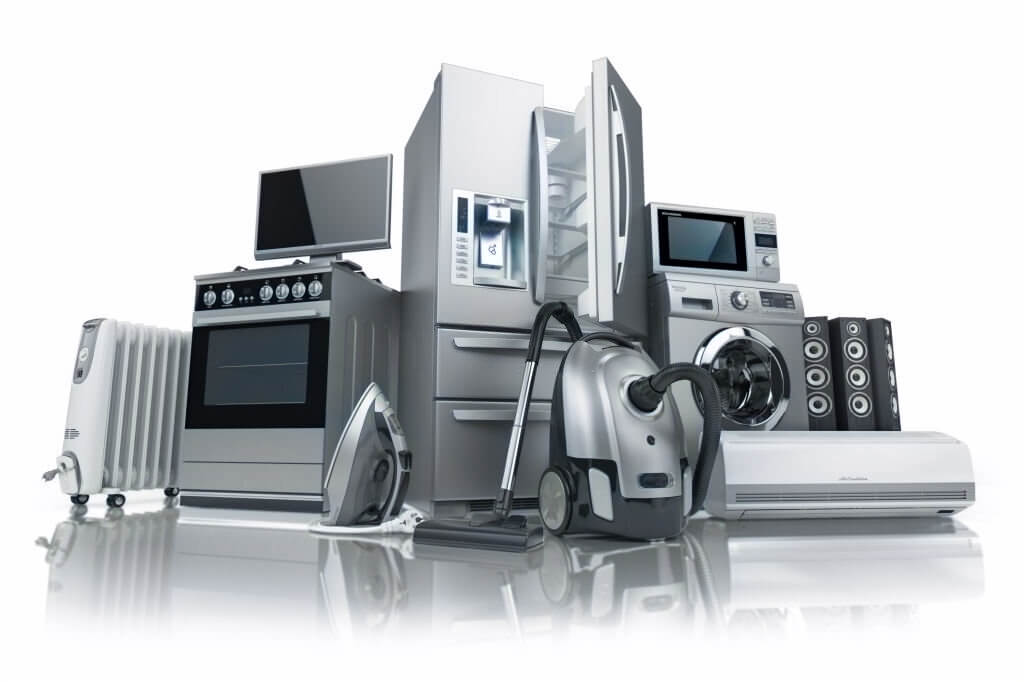
Browse Categories
From The Blog
Can I Use a Blender Instead of a Mixer for Baking?
Can I Use a Blender Instead of a Mixer? Yes, you can use a blender instead of a mixer. Blenders are a great alternative for mixing purposes as they can…
How to Install Pioneer Mini Split: A Comprehensive Guide
How to Install Pioneer Mini Split? To install a Pioneer Mini Split, it is recommended to hire a professional HVAC contractor due to the complexity of the installation process. The…
Kitchenaid Dishwasher Stops Mid Cycle: Troubleshooting Tips
Kitchenaid Dishwasher Stops Mid Cycle? A Kitchenaid dishwasher stopping mid-cycle can be caused by a damaged latch, dirty filter, low water pressure, faulty water inlet valve, malfunctioning thermostat, tripped fuse,…
What Are the Negatives to a Hybrid Mattress and How to Mitigate Them?
What Are the Negatives to a Hybrid Mattress? The negatives to a hybrid mattress include the possibility of off-gassing or sagging from lower quality materials, potential discomfort with memory foam,…
What Keeps Bees Away Outside: Natural Tactics for Peaceful Coexistence
What Keeps Bees Away Outside? To keep bees away outside, it is important to choose picnic locations away from areas where bees typically gather, such as trash cans or tall…
How to Clean Eze Breeze Windows: Expert tips for spotless clarity
How to Clean Eze Breeze Windows? To clean Eze Breeze windows, start by removing any objects that could puncture or cut the vinyl. Avoid using alcohol, ammonia-based products, dishwashing detergents…
What Is a Grounded Outlet and Why Is It Important for Electrical Safety?
What Is a Grounded Outlet? A grounded outlet is an electrical outlet that is designed to protect individuals from electrical shocks by redirecting electricity into the ground. Unlike ungrounded outlets,…
What Happens if You Leave an Electric Grill On Overnight?
What Happens if You Leave an Electric Grill On? If you leave an electric grill on, there are potential risks and consequences that you need to be aware of. Firstly,…
Why Is My Shower Not Draining Properly: Essential Tips for Efficient Plumbing
Why Is My Shower Not Draining? Your shower may not be draining due to a clogged shower drain. This issue can lead to standing water or slow draining. DIY methods…
How to Install a Garbage Disposal in a Single Sink: A StepbyStep Guide
How to Install a Garbage Disposal in a Single Sink? To install a garbage disposal in a single sink, follow these steps: 1. Turn off the power: Before starting any…
Can You Mow Over Dog Poop Without Consequences?
Can You Mow Over Dog Poop? No, you cannot mow over dog poop. Dog poop is not a good fertilizer for grass as it can discolor and burn the grass….
Do You Tile a Floor Under Kitchen Cabinets: Essential Tips
Do You Tile a Floor Under Kitchen Cabinets? Yes, you should tile a floor under kitchen cabinets. Tile flooring should always go under kitchen cabinets to ensure a seamless and…
Can You Microwave Cup of Noodles Safely and Conveniently?
Can You Microwave Cup of Noodles? No, you should not microwave Cup of Noodles in the styrofoam cup. Most styrofoam cup noodle containers are not recommended for microwaving as microwaving…
How to Turn off Water to Refrigerator Safely
How to Turn off Water to Refrigerator? To turn off the water to a refrigerator, locate the shut-off valve. This valve is usually found below the sink, in the kitchen…
Does Lennox Warranty Cover Labor Costs for Repairs?
Does Lennox Warranty Cover Labor? No, the Lennox Warranty does not cover labor. The warranty only covers parts for a period of 5 years for Merit and Elite series products,…

